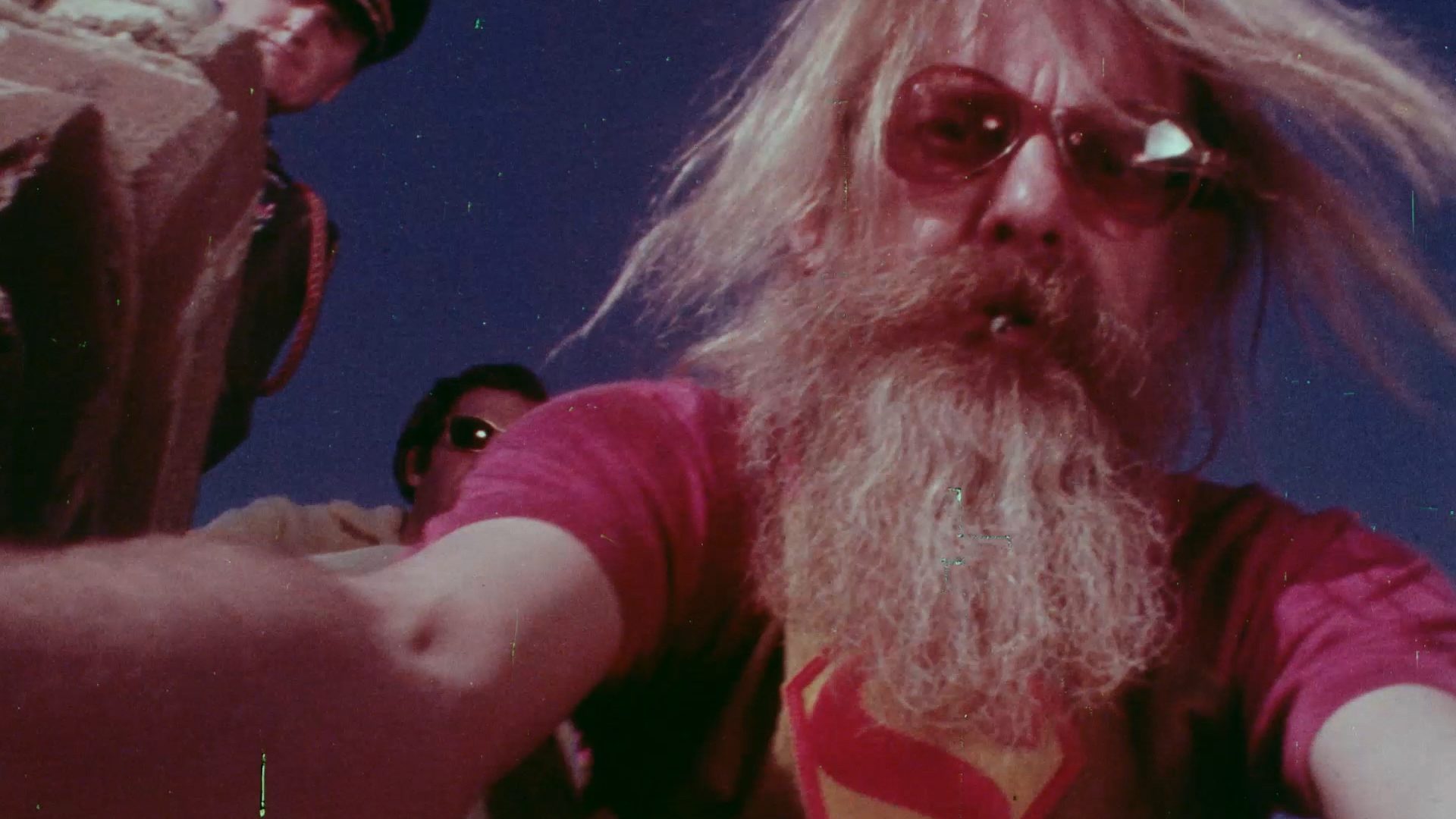The story of American cinema in the 70’s is often dominated by your Scorsese’s, your DePalma’s and Coppola’s, but where does the name Hal Ashby fit in?
Ashby is often not listed first in these conversations, and I myself haven’t seen enough of Hal Ashby’s movies to have his name top of mind, aside from watching Harold and Maude in a high school psychology class. I didn’t remember much from that initial viewing, certainly not that the running gag of the film is fantasy suicide sequences of a depressed youth. Watching again, in clip form, made me realize that this was one small slice of a larger artistic mind (and a very funny one at that). Seeing these clips as well as the rest of Ashby’s prolific repertoire in the new documentary Hal made me realize, I am woefully and embarrassingly under-informed of this Oscar-winning director’s work.
A documentary about a film director is largely going to be a movie about his movies, and Hal discusses all of them. We see that Ashby is responsible for such classics beyond Harold and Maude, including Shampoo, The Last Detail, Bound For Glory, and more. All of his films share a common thread that is weaved throughout, which is the honest depiction of humanity or the human condition. In films like The Landlord starring a young Beau Bridges, that truth is in civil rights and the African-American experience. In Being There, it is the absurdist comedy of Peter Sellers that was a critique of celebrity and political influence of society. It’s this sharp and authentic running through-line that makes it obvious that Hal Ashby was a man with a story to tell.
It’s this sharp and authentic running through-line that makes it obvious that Hal Ashby was a man with a story to tell.
A large takeaway I learned after watching Hal was that he was both an open-hearted hippie who loved people dearly, and also a rebellious and defiant artist who would butt heads with Hollywood and the studio system. Which is to say, he was a guy that wouldn’t compromise from the ideals that he held, which included social filmmaking themes of civil rights. Anarchic peaceholder is the warring balance of his artistry, and his defiantly non-commercial sensibilities produced a body of work that made him who he is, one of our greatest directors.
Hal’s story is told in a variety of mixed media with interviews from his peers, including revered directors Alexander Payne, David O. Russell, Judd Apatow, and Norman Jewison – the director who hired Hal as an associate editor for In the Heat of the Night. Ashby is described as somebody who, for a defiantly punk rock hippie, challenged Hollywood and made the art he wanted to make.
Now, time to watch some more of his movies.
90 min. ‘Hal’ is not rated. Opening this Friday at the Nuart Theatre.
Ryan Rojas
Ryan is the editorial manager of Cinemacy, which he co-runs with his older sister, Morgan. Ryan is a member of the Hollywood Critics Association. Ryan's favorite films include 2001: A Space Odyssey, The Social Network, and The Master.

